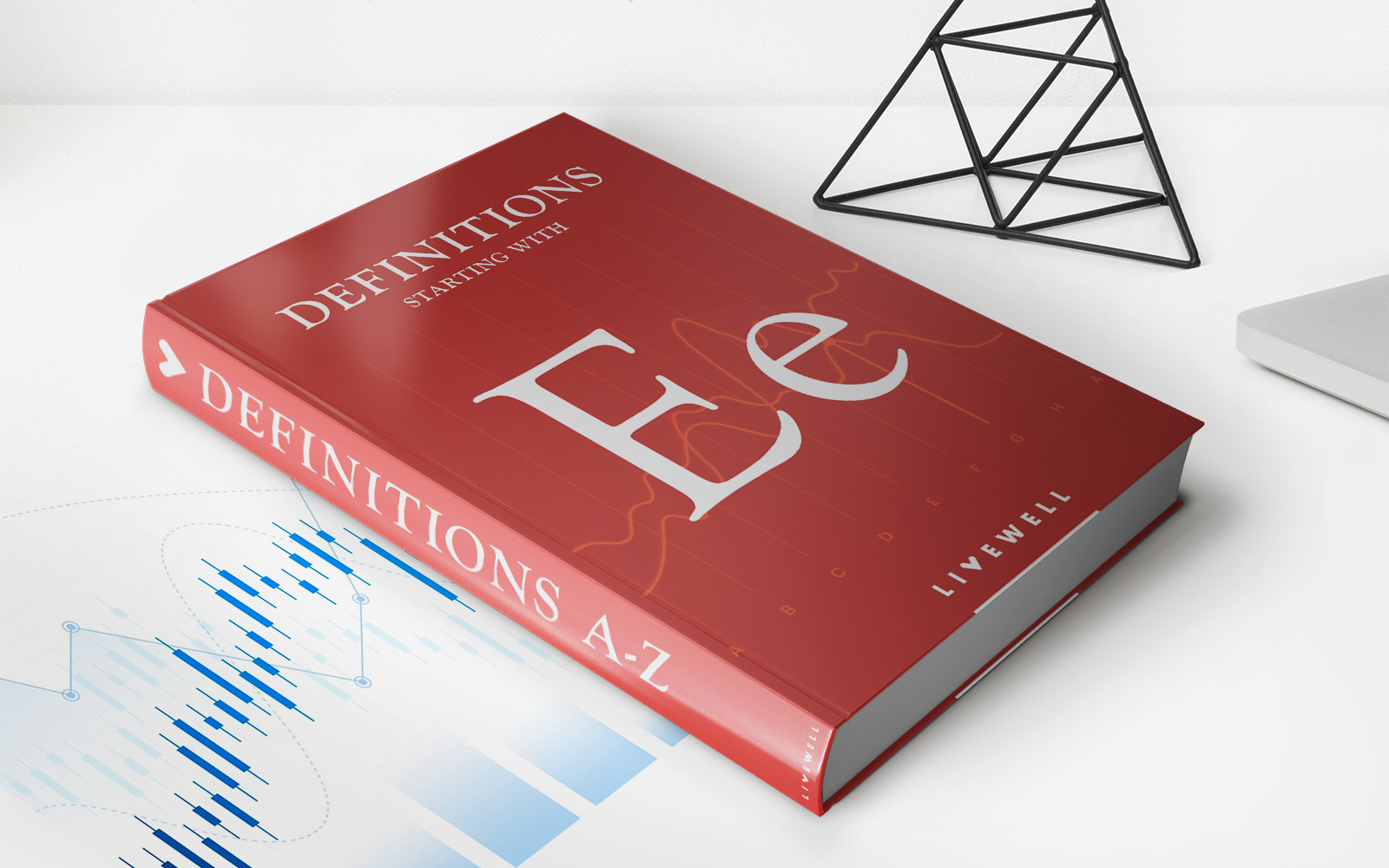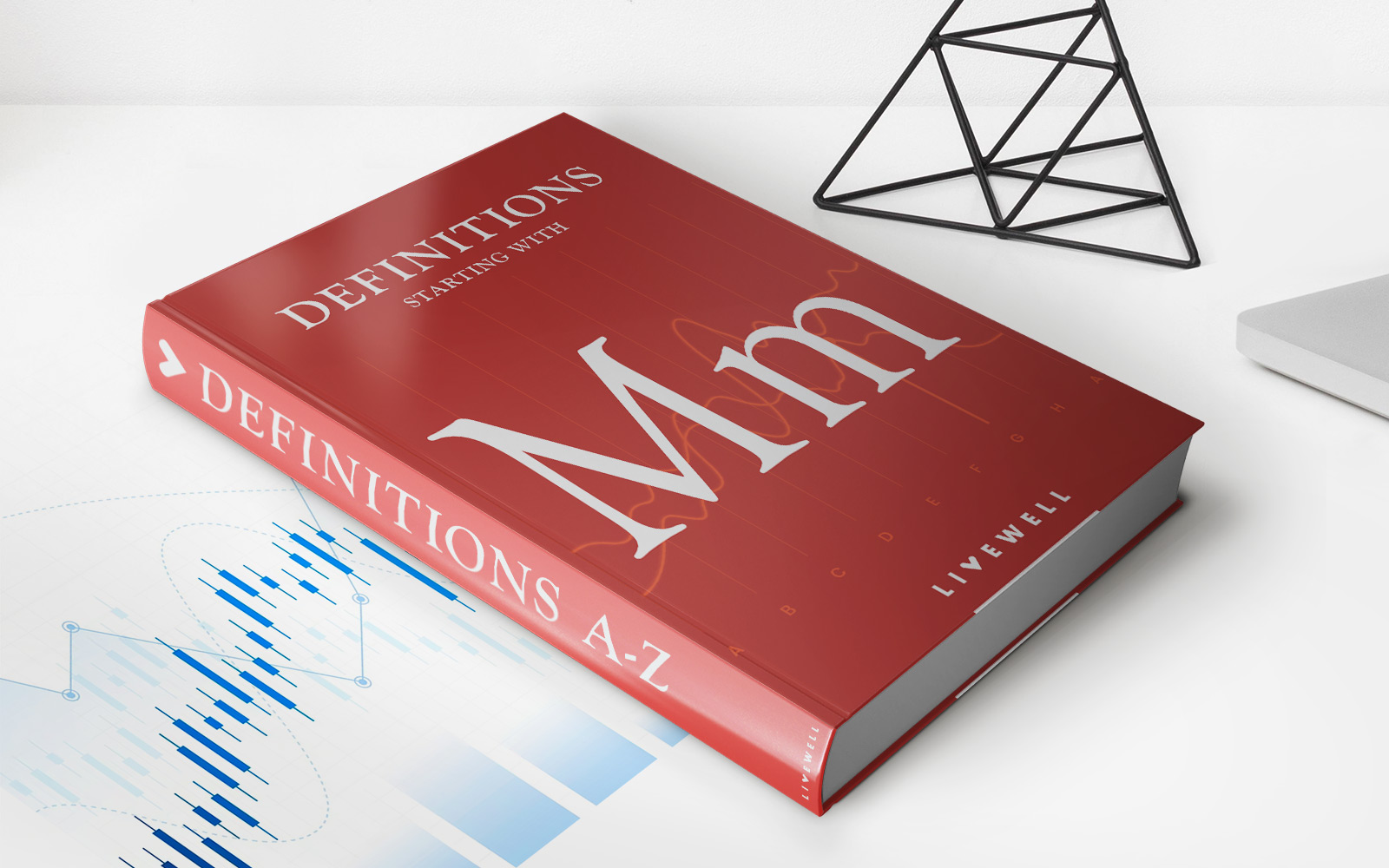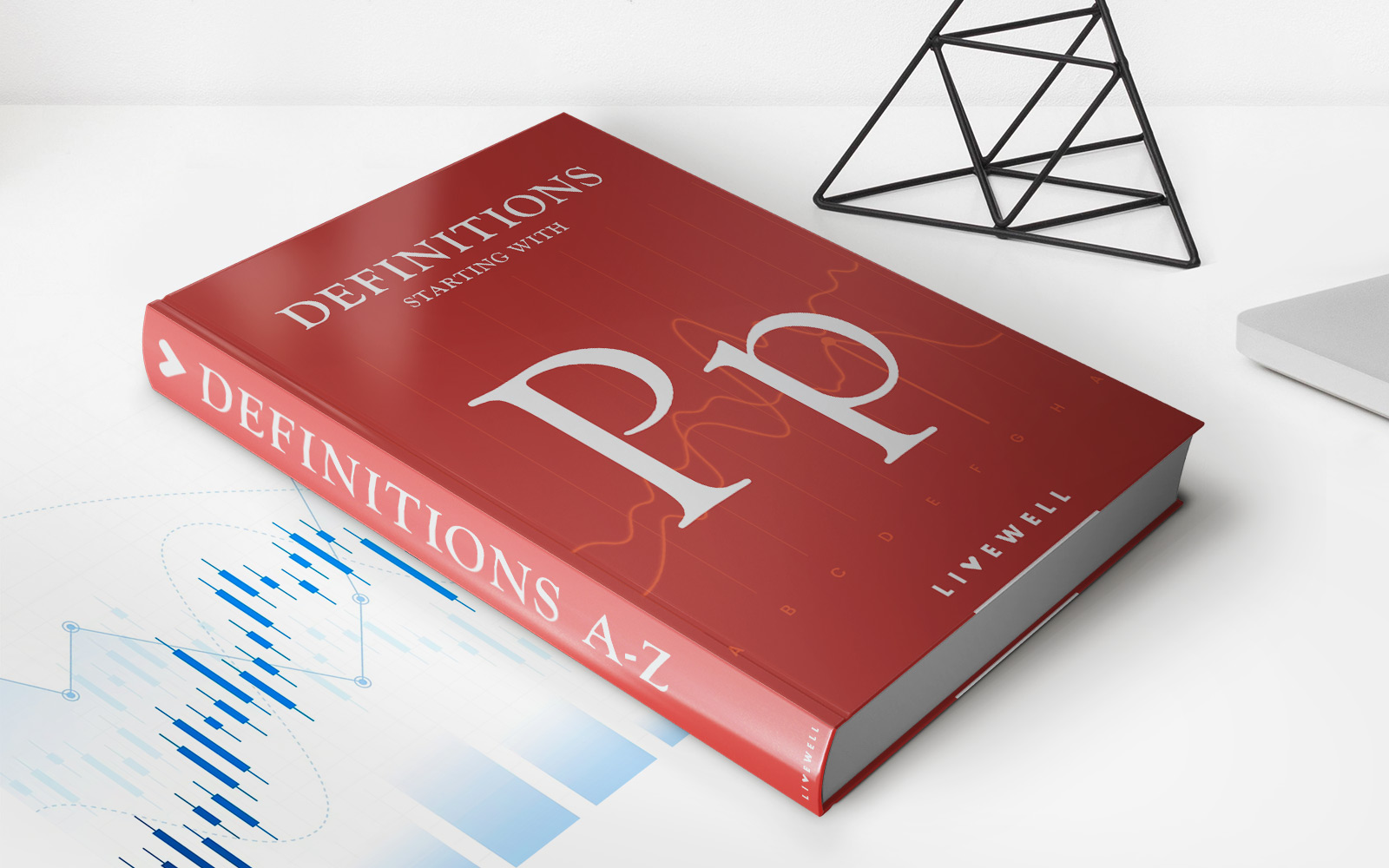Home>Finance>Equity Method Of Accounting Definition & Example


Finance
Equity Method Of Accounting Definition & Example
Published: November 18, 2023
Learn about the equity method of accounting in finance, including a clear definition and practical examples to gain a better understanding of this crucial financial concept.
(Many of the links in this article redirect to a specific reviewed product. Your purchase of these products through affiliate links helps to generate commission for LiveWell, at no extra cost. Learn more)
Understanding the Equity Method of Accounting
When it comes to managing the finances of a business, accounting plays a crucial role. Financial statements are prepared using various accounting methods to accurately depict the company’s financial health. One such method is the Equity Method of Accounting, which helps businesses report their investment in another company. In this blog post, we will dive into the definition and example of the Equity Method of Accounting, shedding light on its significance in the world of finance.
Key Takeaways:
- The Equity Method of Accounting is used to report investments when a company has a significant influence over another company’s operations.
- Under this method, the investor records the initial investment as an asset and recognizes its share of the investee’s profits and losses in the investor’s income statement.
The Definition
The Equity Method of Accounting is followed when a company holds a significant influence, but not a controlling interest, in another company. This method is typically used when the investor has ownership between 20% to 50% in the investee. With this level of influence, the investor is deemed to have the ability to exercise control or have a say in the financial and operating decisions of the investee company.
Under the Equity Method, the investor initially records its investment as an asset on the balance sheet. This investment is accounted for using the cost method, where the investor recognizes their share of the investee’s profits and losses as equity income. The equity income is reported in the investor’s income statement, usually on a one-line item, and is accompanied by any cash dividends received from the investee.
It’s important to note that the investor’s influence over the investee’s operations and financial decisions must be significant and ongoing for the Equity Method of Accounting to be applicable. If the investor’s influence decreases over time, the accounting treatment may need to be adjusted accordingly.
An Example
Let’s consider a fictional company, ABC Corp, that holds a 30% ownership stake in XYZ Inc. As per the Equity Method, ABC Corp records its initial investment in XYZ Inc as an asset on its balance sheet. Subsequently, ABC Corp recognizes its share of XYZ Inc’s profits and losses on its income statement.
For instance, XYZ Inc generates a net income of $100,000 for the year. Since ABC Corp owns 30% of XYZ Inc, they would record $30,000 as equity income on their own income statement. This amount represents ABC Corp’s share of the earnings based on their ownership percentage.
Conversely, if XYZ Inc were to incur a net loss of $50,000, ABC Corp would recognize a loss of $15,000 (30% of $50,000) as a reduction in their equity income.
In addition to recognizing profits and losses, any dividends received from XYZ Inc by ABC Corp would also be reflected on the income statement. These dividends would be recorded as income and further contribute to the financial performance of ABC Corp.
Conclusion
The Equity Method of Accounting is an essential tool for businesses to accurately report their investments in other companies where they hold a significant influence. By understanding the definition and example of this accounting method, companies can ensure transparent and accurate financial reporting. Implementing the equity method helps stakeholders assess the financial health of an organization and make informed decisions based on the information provided.
Remember, the Equity Method of Accounting is just one of several accounting methods available to businesses. Each one serves a specific purpose depending on the circumstances. Always consult with a qualified accountant or finance professional to determine the most appropriate accounting method for your business’s specific needs and objectives.














